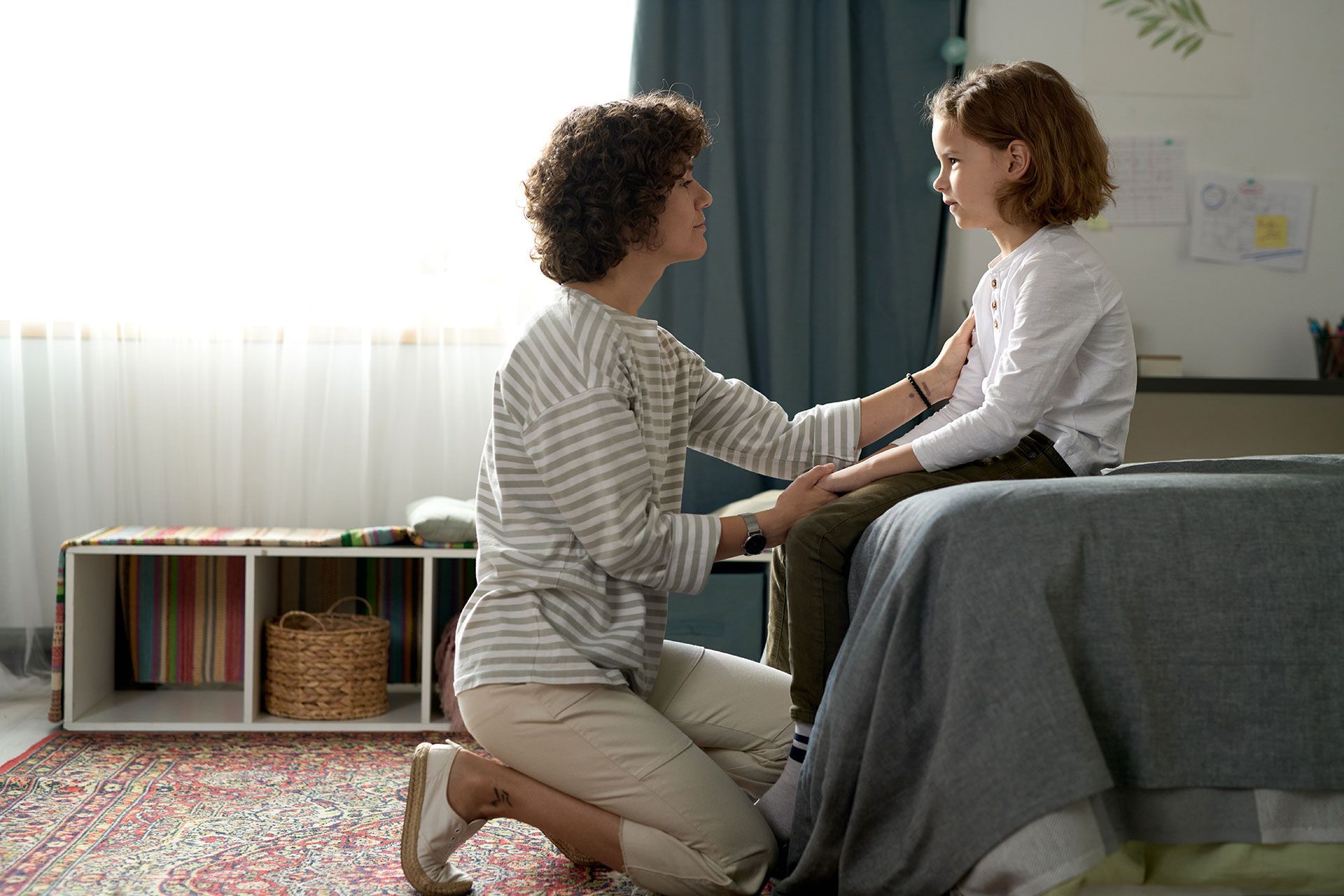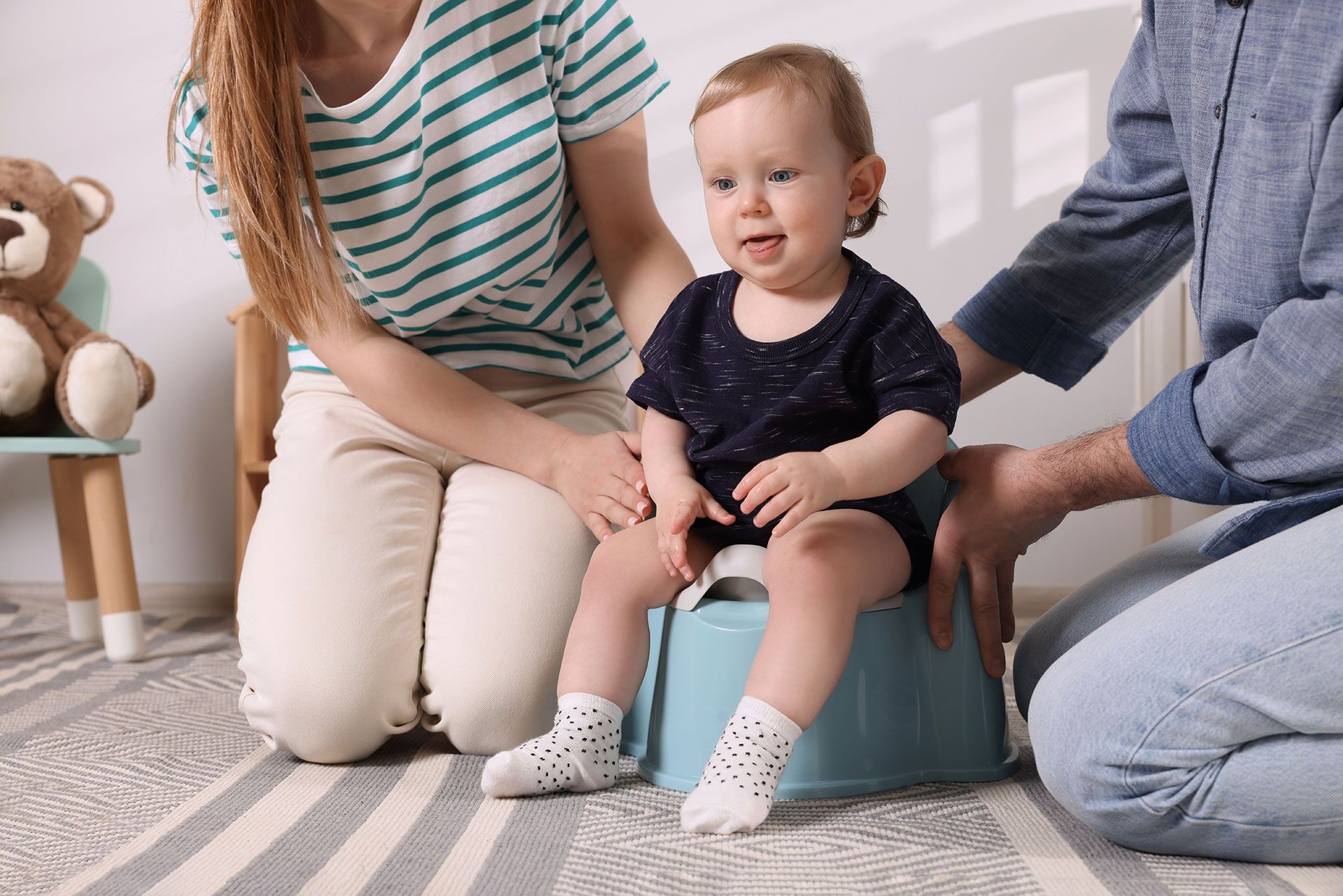Phobias: Fight or flight from the flutes explained.
Aulophobia (n): An exaggerated or irrational fear of flutes (musical instrument)
Seems a bit silly, right? Some people are terrified of something most would consider so trivial such as a musical instrument (that we typically get joy from), but to a sufferer of aulophobia - “woodwind” you know - stage fright at the orchestra is taken to a new level!
A phobia is an anxiety disorder characterized by the presence of extreme fears of a specific object, place, or situation that is out of proportion to the actual risk for harm or danger posed by the feared object.
In children, phobias result in
intense feelings of anxiety/fear that disrupt an individual’s daily functioning and are significantly more intense than normal fears that commonly observed in childhood. For example, most children are fearful of spiders, but a child with a spider phobia may refuse to play outdoors or be within visible distance of a harmless spider. Extreme anxiety related to the object of a phobia causes activation of the sympathetic nervous system (i.e., the “fight or flight” response) and can lead the child to generalize their fear to other situations and activities and spend excessive time fixated on the fear.
When exposed to the feared object, related situations, and thoughts about the fear, the child struggles to understand that their fears are inaccurate and/or unlikely to occur. Similarly, parents find it difficult to reason with a child due to their hyper-focus on the feared object.
Examples of phobias observed during childhood include phobias of blood and needles, exposure to vomit, choking, insects, becoming sick, or having a loved one become sick. Biological factors (e.g., neurotransmitter levels), family factors (e.g., genetic predisposition, modeling of extreme fears), and traumatic experiences can also play a role in the development of phobias. When left untreated, phobias can lead to the development of other problems, such as panic disorder, separation anxiety disorder, depression, and other problems. Cognitive-behavioral therapy and exposure-based therapy approaches are very effective in helping children and adults overcome phobias.
With the assistance of a psychologist or counselor, the child will learn new strategies to help them manage feelings of anxiety/fear (e.g., diaphragmatic breathing, relaxation, self-reassurance) while they engage in systematic exposure to a hierarchy of anxiety-provoking situations associated with the object of the phobia. Treatment for phobias and other anxiety disorders is offered here at The Woodlands Behavioral Health and Wellness Center.
Call our office today to schedule a complimentary consultation at 281-528-4226.
Melissa Mignogna, Ph.D., Pediatric Clinical Psychologist
Staff Therapist at The Woodlands Behavioral Health and Wellness









